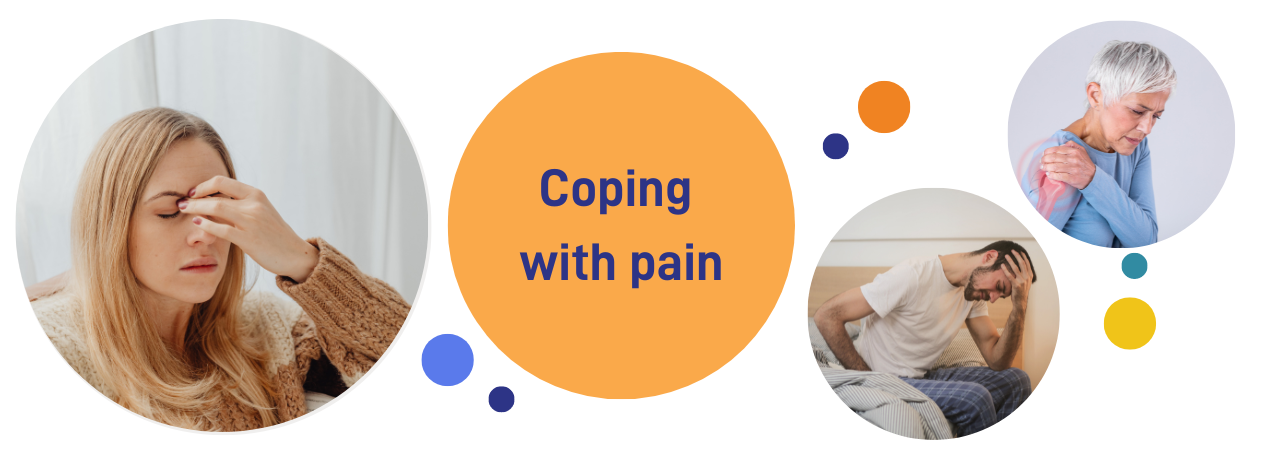
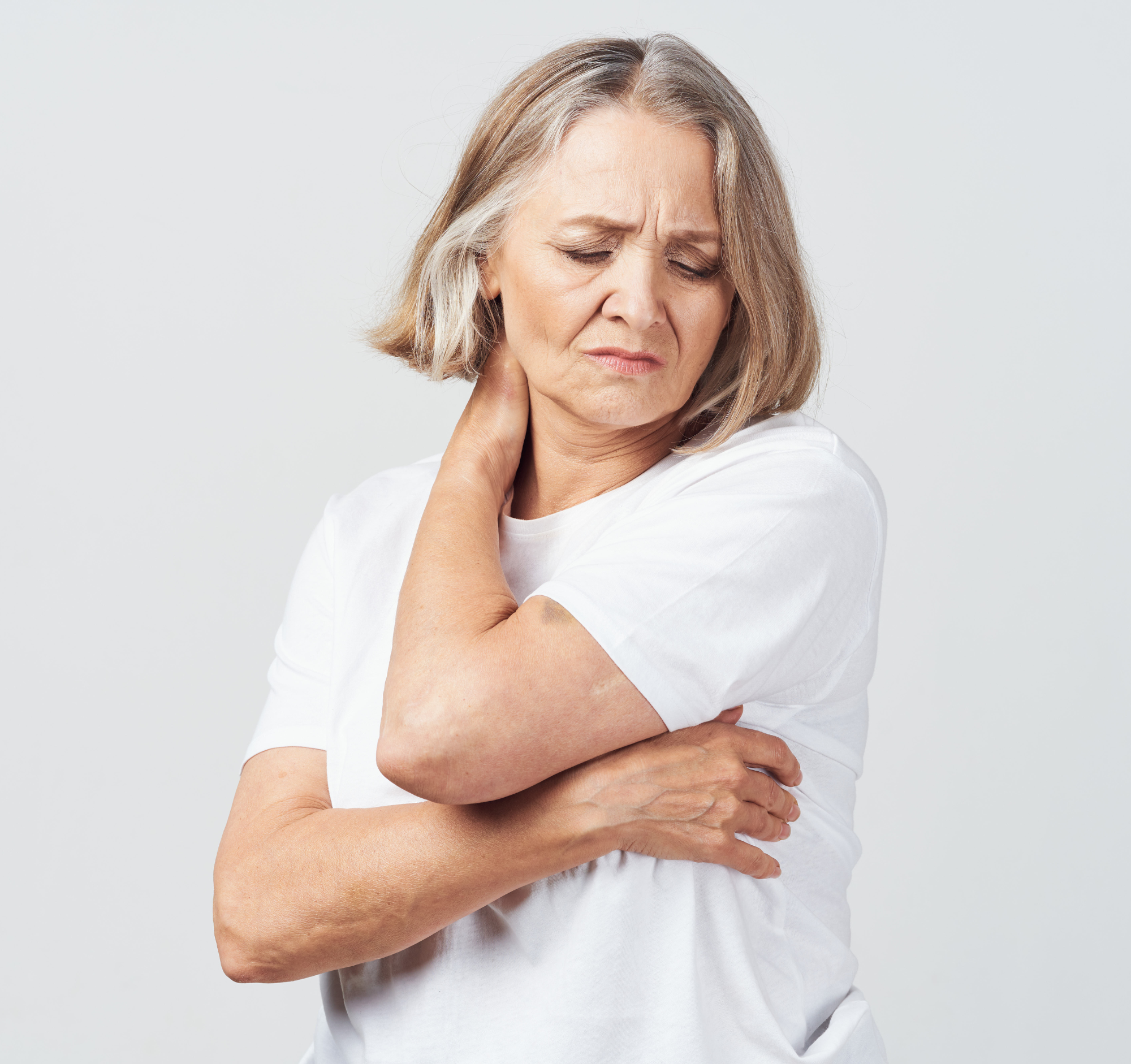
Understanding MCAS and Pain
Mast Cell Activation Syndrome (MCAS) is a complex condition that affects many aspects of daily life, with pain being one of the most challenging symptoms. For individuals living with MCAS, managing pain can be a multifaceted process due to the unpredictable nature of the syndrome.
Identifying and understanding your specific pain triggers is a crucial step in managing MCAS. Common triggers can include environmental factors such as changes in temperature, humidity, or exposure to certain chemicals and fragrances. High-histamine foods, alcohol, and certain additives can trigger symptoms, as can stress and physical activity.
Keeping a detailed diary of your symptoms, activities, diet, and environment can help you pinpoint and manage your triggers more effectively.
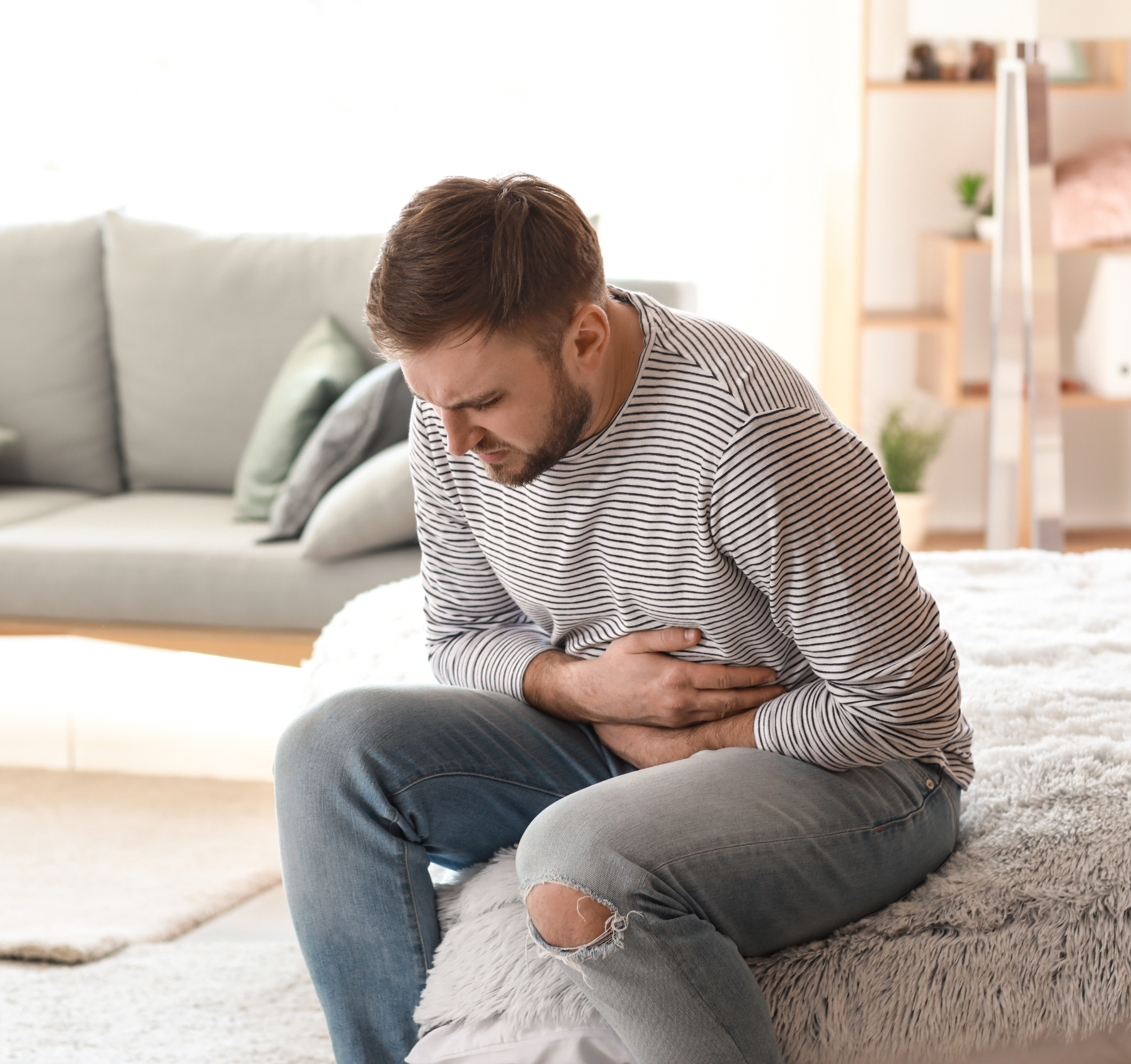
Types of Pain Associated with MCAS
Pain in MCAS can manifest in different ways for different people. Some people experience persistent and debilitating aches and pains, whereas others have more intermittent pain. Most pain can be catagorised into the following:
Musculoskeletal Pain: Joint pain, muscle aches, and general body pain.
Abdominal Pain: Often related to gastrointestinal issues.
Headaches and Migraines: Common due to inflammatory processes.
Neuropathic Pain: Nerve pain, including tingling and burning sensations.
Skin Pain: Sensitivity and pain related to skin.
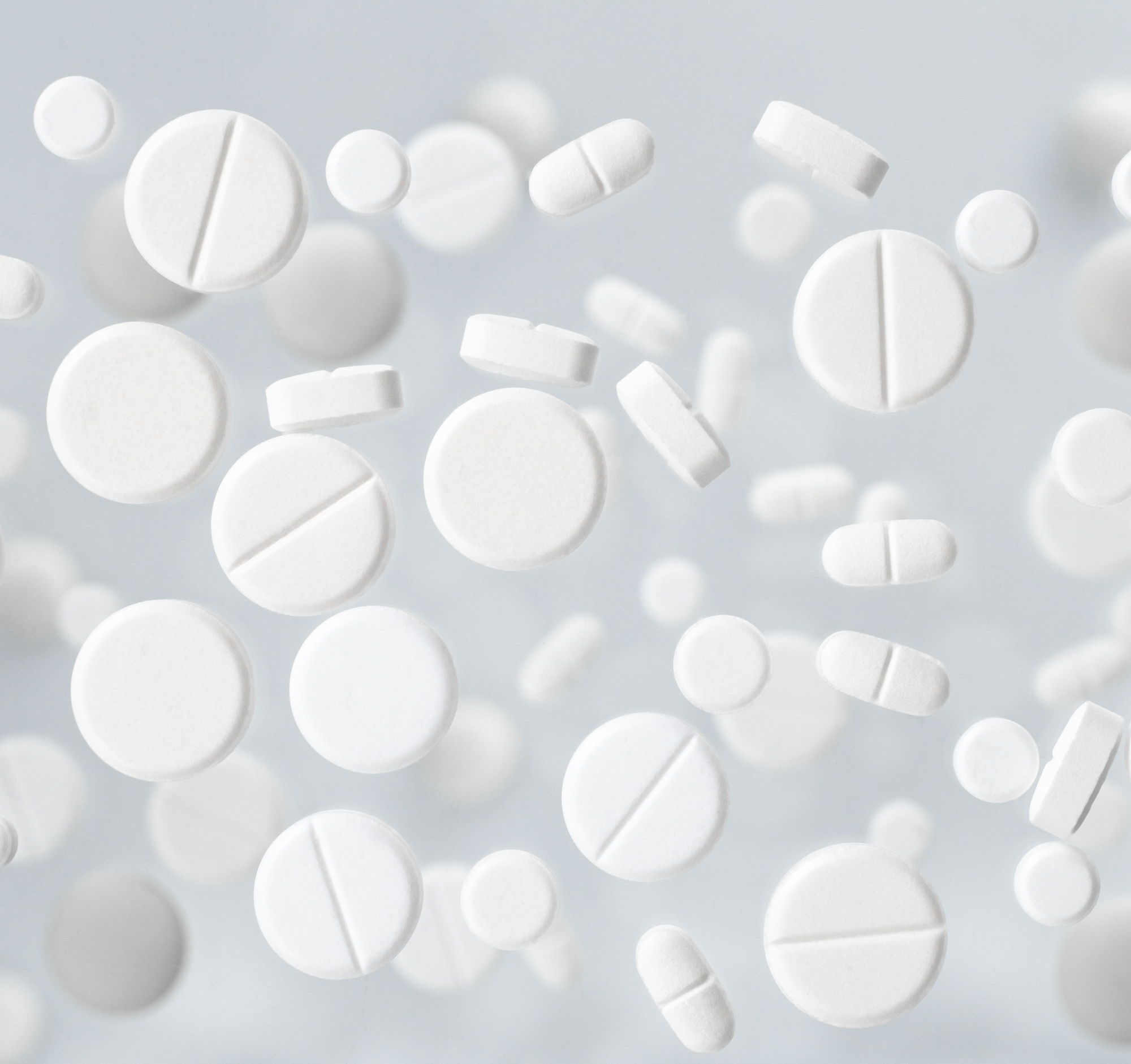
Pain Management Strategies
Effective pain management for MCAS can often involve a holistic approach, combining medical treatment, lifestyle adjustments, and self-care practices.
Some people find that medications, such as Antihistamines help to reduce the release of histamine from mast cells. Mast Cell Stabilisers can help prevent mast cells from releasing inflammatory mediators.
In addition to medication, it may be beneficial to consult a specialist, if one particular symptom is causing more pain than others. Allergists or Immunologists may be able to help if your triggers are food/drink or enviromental. If your pain is mainly in the abdomen, you may benefit from seeing a Gastroenterologist.

Lifestyle Adjustments
In some cases, medication may not be enough to ease the pain and this will likely depend on what is triggering the reaction. This is why it is so important to keep a diary, to try to identify the triggers as they occur.
If your triggers are from food, you could consider a low-histamine diet to reduce symptoms, although this isn't suitable for everyone. A dietitian or nutritionist should be able to advise you on whether this would be an option for you.
Gentle exercises like swimming, yoga, or walking can help manage pain and improve overall well-being. Physical therapy can also provide targeted exercises to help with musculoskeletal pain. You could try practicing relaxation techniques such as meditation, deep breathing, and mindfulness to reduce stress and promote relaxation.

Self-Care
Self-care is crucial when we are in pain, yet it is usually the last thing we think about. When you actively manage your pain through self-care, you can often reduce the severity and frequency of pain episodes. This sense of control can improve your overall well-being and mental health. Chronic pain often leads to increased stress and anxiety, which can, in turn, exacerbate pain symptoms. Self-care activities such as meditation, deep breathing, and mindfulness can help reduce stress levels, promoting relaxation and helping to break the pain-stress cycle.
Pain can interfere with sleep, and poor sleep can worsen pain, creating a vicious cycle. Self-care routines that promote good sleep hygiene, such as maintaining a regular sleep schedule and creating a restful sleep environment, can help break this cycle and improve both sleep quality and pain management.
Living with chronic pain can be exhausting, and self-care helps prevent burnout. Taking time to rest, relax, and recharge is essential for maintaining the energy and resilience needed to cope with pain.
Engaging in gentle exercises, maintaining a balanced diet (where possible), and making sure that you stay hydrated can improve your physical health, which can help your body better cope with pain.
Self-care encourages a holistic approach to health, addressing not just the physical aspects of pain but also the emotional, psychological, and social dimensions. This approach is often more effective in managing chronic pain than focusing on physical symptoms alone.

Practical Self-Care Tips for Pain Management
- Engage in gentle exercises like walking, yoga, or swimming to keep your body moving and reduce stiffness.
- Eat a balanced diet rich in anti-inflammatory foods (where possible) and avoid known triggers.
- Drink plenty of water to stay hydrated and support overall bodily functions.
- Practice stress-reducing techniques such as mindfulness, meditation, or deep breathing exercises.
- Ensure you get enough sleep and take breaks throughout the day to rest. Create a comfortable sleep environment and establish a regular sleep routine.
- Use heat pads or ice packs to alleviate specific areas of pain.

Alternative and Complementary Therapies
Some individuals living with MCAS, who are trying to manage pain have found relief through alternative and complementary therapies, such as Accupuncture or Massage Therapy.
Caution Advised: Since those living with MCAS can have unique sensitivities, it's important to proceed with caution. Choose a therapist who understands MCAS and can provide gentle, tailored adjustments.
Some community members told us that they have found Infrared Light useful in pain management. Infrared light therapy is a non-invasive treatment that uses specific wavelengths of light to penetrate the skin and stimulate healing. It is often used to manage pain by promoting circulation, reducing muscle tension and stimulating cellular repair. You can read more here.
Grounding sheets, also known as earthing sheets, have been helpful to some people living with MCAS. Grounding sheets are designed to connect the body to the Earth’s natural electrical charge, typically through a grounded outlet or connection to the Earth. Advocates of grounding suggest it can help to reduce inflammation, improve sleep and ease stress.
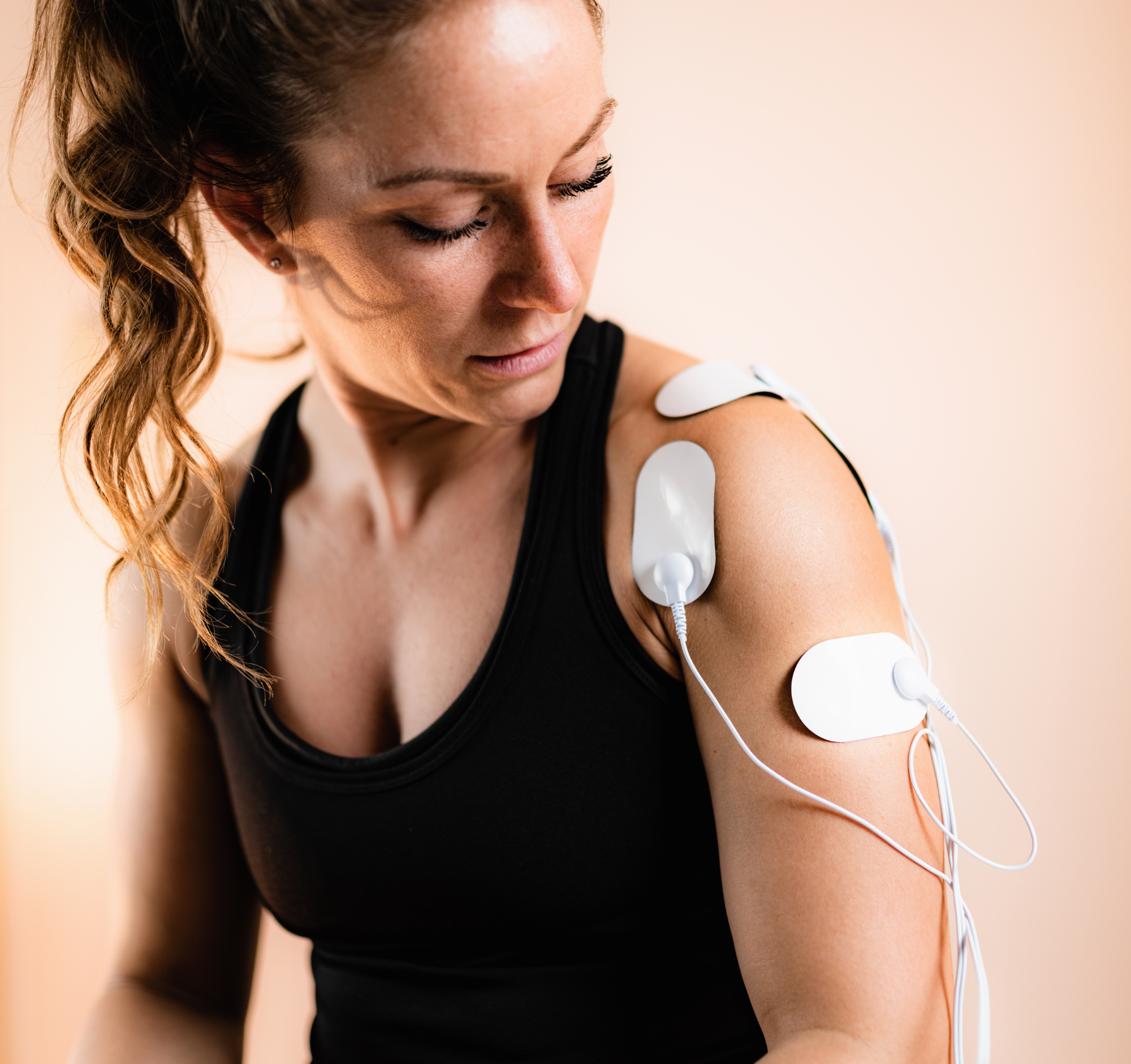
Transcutaneous Electrical Nerve Stimulation (TENS) Machine
A TENS machine is a non-invasive device used to relieve pain. It works by sending mild electrical pulses through the skin to stimulate the nerves in the affected area. These pulses can help reduce pain by blocking pain signals from reaching the brain and promoting the release of endorphins, the body’s natural painkillers.
TENS machines provide an alternative to medication, making them a potential option for those who prefer to avoid pharmaceuticals or experience side effects from pain medications.
Before starting TENS therapy, especially if you have a pre-existing medical condition or are pregnant, consult with a healthcare provider.

Support from Mast Cell Action
At Mast Cell Action, we understand the daily challenges faced by those living with MCAS. We aim to provide you with practical advice, support, and resources to help you navigate your pain management journey.
You can connect with other members of our community through our Facebook page or at our weekly community Zoom meeting.
We host weekly virtual Qigong, Mindfulness and Pilates sessions to promote relaxation. You can view and book all of our virtual events here. We also have a library of reducational and wellbeing videos on our YouTube channel, so that you can access the support you need on demand.
We also have a library of podcasts, books, videos and websites that may help with your mindfulness and mental health.
Become a friend
Sign up to become a Friend of Mast Cell Action so we can keep you up to date on our progress and on how to get involved in our latest campaigns and initiatives.
Donate
Mast Cell Action relies entirely on the generosity of people like you. Please make a donation now and together we can make a difference to those affected by MCAS.







